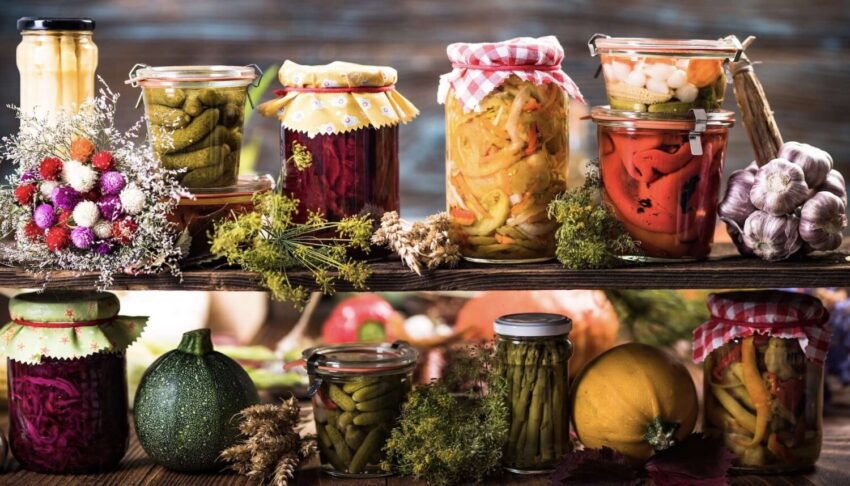Cultural heritage is a vital link between past, present, and future. In an era of rapid globalization, technological advancement, and urbanization, preserving heritage is more important than ever. Protecting traditions, monuments, languages, and practices ensures that future generations retain a sense of identity and belonging.
Why Preservation Matters
-
Maintains Identity – Heritage helps communities understand who they are and where they come from.
-
Education – Historical sites, traditions, and stories provide learning opportunities for both locals and visitors.
-
Cultural Diversity – Preserving unique practices maintains the richness of global culture.
-
Economic Value – Heritage tourism and creative industries support local economies and employment.
-
Social Cohesion – Engaging in shared traditions strengthens community bonds.
Challenges in the Modern World
-
Urban Development – Expanding cities often encroach on historical sites or natural heritage areas.
-
Globalization – International trends can dilute or replace local customs.
-
Environmental Changes – Climate change, natural disasters, and pollution threaten monuments and landscapes.
-
Neglect – Lack of awareness or funding can lead to deterioration of cultural assets.
-
Loss of Practitioners – Traditional skills, languages, and rituals may disappear without active transmission.
Strategies for Preserving Heritage
1. Documentation and Research
Recording stories, rituals, languages, and architectural details ensures that knowledge survives even if practices decline.
2. Education and Awareness
Integrating cultural heritage into school programs and community workshops fosters respect and understanding among younger generations.
3. Community Involvement
Engaging locals in preservation efforts empowers communities to protect their heritage and ensures authenticity.
4. Legal Protection
Governments can implement laws to protect historic sites, regulate urban development, and safeguard intangible cultural assets.
5. Sustainable Tourism
Tourism should be designed to support preservation efforts rather than exploit or damage cultural sites.
6. Digital Innovation
Virtual tours, online archives, and social media campaigns help spread awareness and engage global audiences.
Benefits of Preserving Heritage
-
Protects the uniqueness of cultures worldwide.
-
Encourages pride, identity, and belonging among communities.
-
Fosters creativity by inspiring artists, designers, and innovators.
-
Strengthens intergenerational connections through shared practices.
-
Promotes global understanding and appreciation of diversity.
Final Thoughts
Preserving cultural heritage in a modern world requires balance—embracing progress while honoring the past. By documenting traditions, protecting historical sites, educating communities, and using modern technology wisely, we can ensure that heritage remains a living, accessible, and enriching part of life.
Heritage is not a relic; it is a foundation. By safeguarding it, we provide future generations with a sense of identity, continuity, and connection to the rich tapestry of human history.
